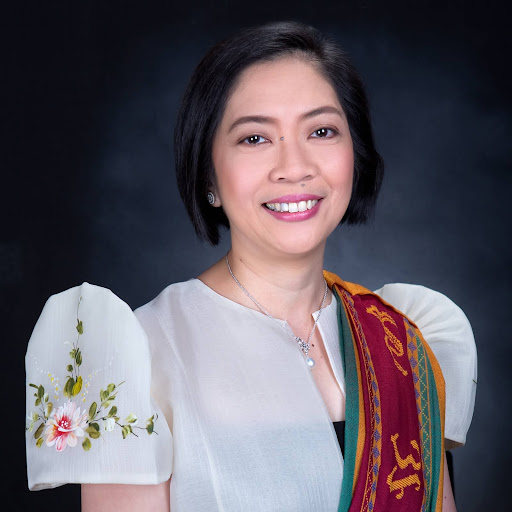Office on Research Integrity
Office on Research Integrity
About ORI
Administrative Order No. CCDP 2019-179 (later 2019-179-A) from the University of the Philippines Manila (UPM) Chancellor’s Office created the Committee on Research Integrity (CRI) on October 17, 2019. The CRI was envisioned as an interim body which would lay the foundations for an Office, the responsibilities of which would be to oversee continuing education relating to the Responsible Conduct of Research (RCR); and to address concerns that may arise about the RCR.
In recent years, the need for such an Office had become part of the administrative agenda. (a) A number of concerns, queries, and complaints were received by the University of the Philippines Manila Research Ethics Board (UPMREB) with some directly forwarded to the Office of the Vice Chancellor for Research at that time, relating not so much to unethical practices as they were to the inappropriate conduct of research. (b) The Office of the Chancellor had also noted a trend from international funding agencies and research investigators requiring Offices of Research Integrity in collaborating institutions. (c) The rapidly growing research infrastructure of UP Manila, with the increase in researchers, researches and research funding alongside the mounting pressures from faculty and student promotion and recognition—all of these could very well provide fertile ground for challenges to research integrity. The time was ripe to create an office and more importantly, promote a “culture” for the Responsible Conduct of Research.
Just what is Research Integrity and what is the Responsible Conduct of Research or RCR? Professor Daniel Barr, Principal Research Integrity Adviser of the Royal Melbourne Institute of Technology emphasized that in order for research to have impact and usefulness, both the scientific and lay community need to know that research is conducted in a trustworthy manner, otherwise known as the Responsible Conduct of Research. (2) Breaches of RCR, especially the major ones including fabrication and falsification of data and plagiarism, erode the trust we have in research in particular, and science in general. On the other hand, strict adherence to such standards provides us with excellent, reliable and trustworthy research.
In order to lay the foundations for this “culture”, one important step the Committee undertook was to craft a UP Manila Code for the Responsible Conduct of Research—this was officially launched in November of 2020. The Code was reviewed and further endorsed by the office of the Vice President for Academic Affairs to the BOR for adoption by the entire UP system. This endorsement was approved on August 26, 2021 by the BOR at its 1363rd meeting. (3)
In her endorsement of the UP Manila Code, VP for Academic Affairs Bautista points out that while society has benefited in great measure from the research output of the scientific and academic community in the post WWII era and that the role of scientists and experts in defining reality has been the accepted standard in society; the last few decades have seen a coming of age of post-truth politics, alternative realities and the fabrication of facts; resulting in the “death in the belief” in fact and the relegation of truth or facts to secondary importance. Unfortunately, this has led worldwide to a gradual erosion of public trust in science and universities. In order to counter this alternate reality and the dismissal of science and fact, the scientific and academic community must continue to provide proof of the impact of scientific research through relevant innovation and technologies. This, however, can only be achieved if there is integrity in the conduct of the underlying scientific research. A Code for the RCR helps make academics more mindful of the value of research integrity. (3)
ORI Head
 |
Dr. Jean Anne B. Toral |
Contact Us
Office on Research Integrity
Office of the Vice Chancellor for Research
Secretariat Email Address: ori.upm@up.edu.ph
